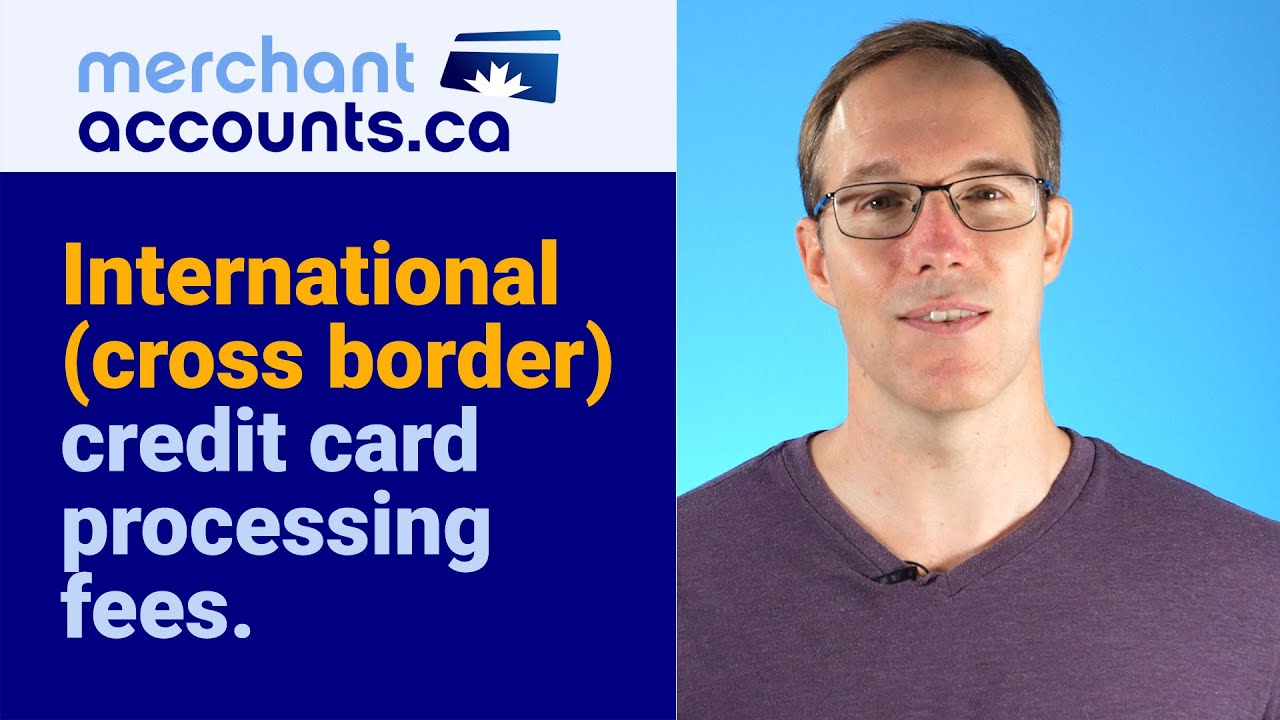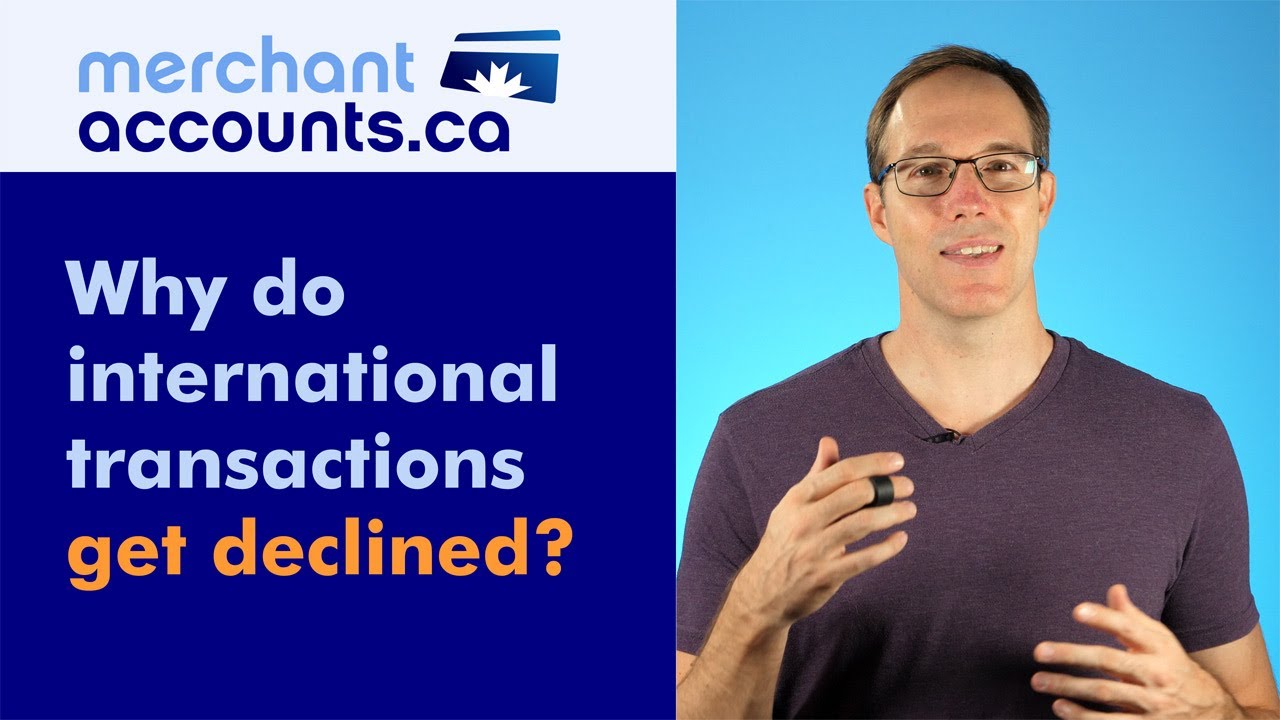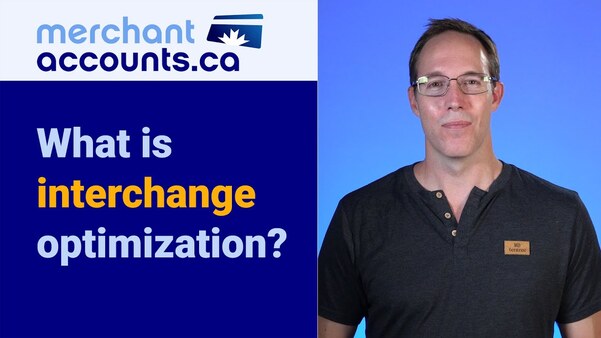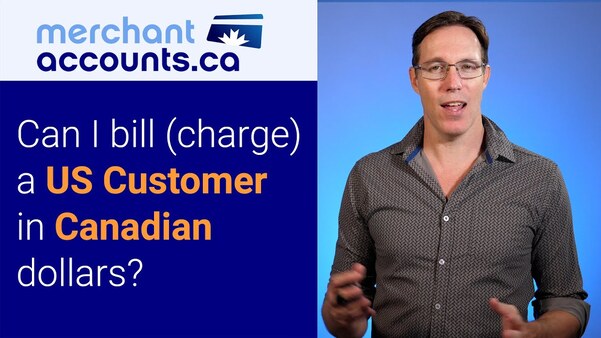October 15, 2018
by David Goodale
Interchange update: MasterCard increasing cross border fees in November
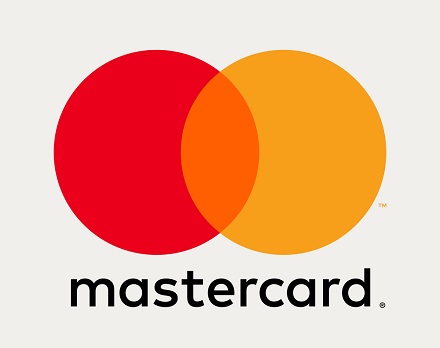
E-commerce payments are about to get a little more expensive for Canadian and U.S merchants that sell across borders because MasterCard is raising it's cross border assessment fee on November 3, 2018.
In case you need a primer, we have a detailed post about cross border fees, the costs involved, and when cross border fees will be applied.
Cross border fees are a cost of business for e-commerce merchants and payment processors. It is not something that the payment processor has control over, because the fee is assessed by the card brands.
New MasterCard Cross Border Fee Effective in November 2018
If you sell to an international customer in their local currency:
- The 0.40% cross border fee is being increased to 0.60%.
If you sell to an international customer in any currency other than their local currency:
- The 0.80% cross border fee is being increased to 1.00%.
What can I do to stop it?
Your options are very easy to identify when it comes to addressing the cost. There are 3 clear and distinct options:
-
1) You can incorporate in the foreign region to get a domestic merchant account.
Yes, this is a hassle and not something to be undertaken lightly. There will probably be tax implications and other things to consider before going this route. However, if your business has a well established customer base in a foreign country, it may well make sense to setup a local presence with local employees, so that you can get a domestic merchant account in that region and avoid paying the cross border fee.
-
2) Cross border acquiring exemption between the USA and Canada.
If the idea of setting up and maintaining a separate corporate entity, while dealing with an additional year end under the tax regime of a foreign government isn't exactly enticing (if this is your idea of enticing it may be cause for alarm), there is a rule between the US and Canada that in special circumstances can help you to avoid this. It's identified within the Visa international operating rules, and it allows for a US company to get a domestic Canadian merchant ID, or for a Canadian company to get a US domestic merchant ID. The requirement is that it's only for virtual terminal or e-commerce accounts, and you can only process cards within that region.
For example, if a Canadian company were to want a domestic U.S merchant account to avoid cross border fees, the rule allows for Canadian businesses to get a domestic U.S merchant account, but it can only be used to process U.S issued credit cards. You couldn't get a U.S domestic merchant accounts and process cards issued in Europe or Australia for example. It would seem the rule is to help facilitate trade between US and Canadian merchants. This is a rule that very few processors know about, and it's often difficult to setup. If you need help with this we are happy to assist.
-
3) Absorb the cost.
How can that even be a suggestion? Is this the least amount of effort, the must useless information ever compiled into one of our posts at Merchant-Accounts.ca? No. The reality is, there aren't a lot of options. Absorbing the cost increase is an option that a lot of merchants will need to consider. It's not the advice I want to give, and it is a bitter pill, as cross border fees are very significant. However, it's not something that a payment processor can control or prevent.
As much as I want to give better options within this discussion, as of today there are not any other options (that I am aware of) that can help. And I've been doing this for 18 years, and multi-currency and cross border payments acquiring is my area of expertise. The reason for being so direct on this last point is because merchants often get frustrated by this fee, and when you give them the options they don’t like any of them. These are the options that exist as of the writing of this post in September 2018.
Visa to follow suit?
Current plans from Visa indicate that they will be increasing their cross border fee for single currency transactions from 0.80% to 0.85% effective April 2019. Then they will increase the fee again from 0.85% to 1.00% effective April 2020.
Visa will be matching the Mastercard cross border fee, but it will be gradually built to over 16 months. As far as we are aware at the time of this blog post, the multi-currency cross border fee from Visa will remain at 0.40% during this time.
Mastercard is lowering fees too!
One worthy item of note is that interchange for some of the premium / rewards type cards will be reduced when the change goes into place. This means that many merchants may actually see cost reductions, even though the cross border fee is being increased. Mastercard World branded cards will see an interchange reduction of 0.10%, and World Elite cards will see a significant reduction of 0.30%. This means that some merchants will see a cost reduction as these changes go into effect.
Summary
I empathize with our clients that pay cross border fees, because the cost can become significant depending on the location of your customers. At Merchant-Accounts.ca we don't earn income from cross border fees. It is truly a cost of doing business.
The silver lining is that if you setup multi-currency payment processing, it allows you to convert your sales at a higher rate, because you can target your foreign customers much better. Multi-currency processing is where you allow your foreign customers to pay in their local currency, and is one of our main areas of expertise at Merchant-Accounts.ca. It your foreign customers to feel more confident when purchasing, and it avoids problems and customer disputes. If foreign customers are an important demographic for your business, multi-currency processing should be on your radar. Done properly, it will increase your conversions enough, and reduce customer complaints to the point where it far and away offsets any cost from cross border fees. You can find out more about our multi-currency payment processing solutions.
Need professional guidance?
Contact us for a free one hour consultation.
Can I Help Lower Your Processing Fees?
If you found this content helpful, will you give me the opportunity to quote on your business?
View Rates



